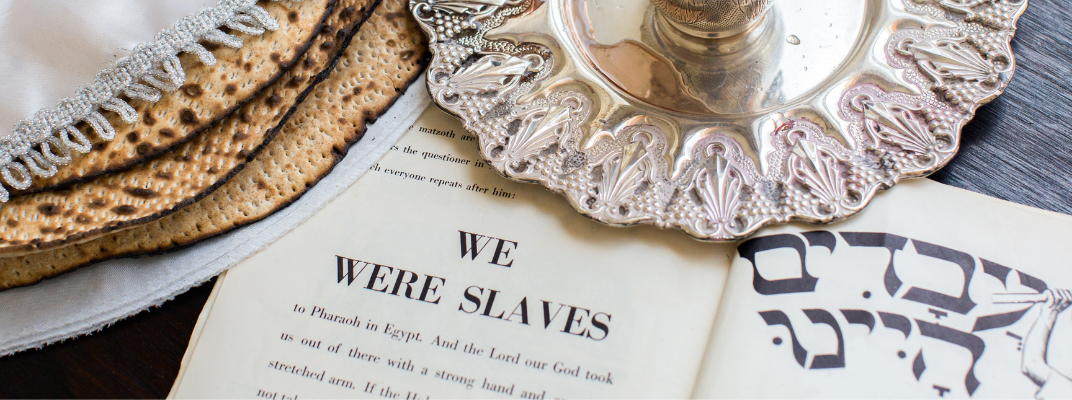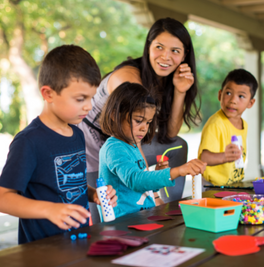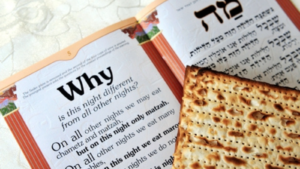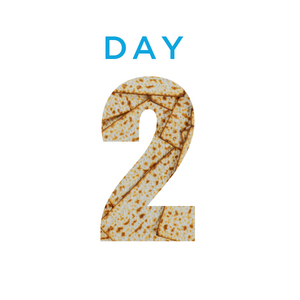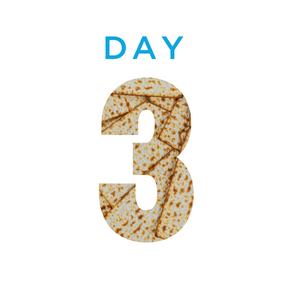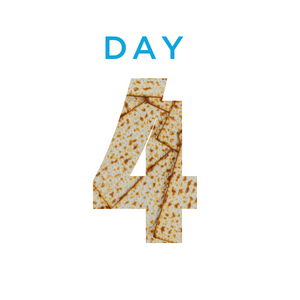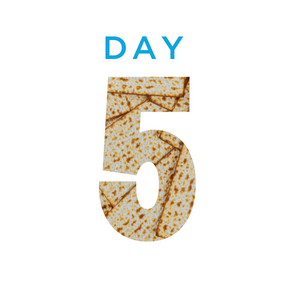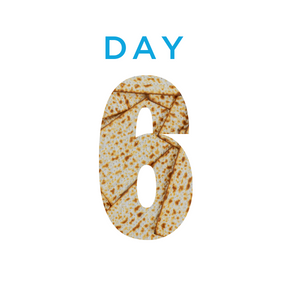Responsibility For Others
We continue on the second day of Passover with a “grown up” Moses:
“Sometime after, when Moses had grown up, he went out to his kinsfolk and witnessed their labors. He saw an Egyptian beating a Hebrew, one of his kinsfolk. He turned this way and that and, seeing no one about, he struck down [read: killed] the Egyptian and hid him in the sand. When he went out the next day, he found two Hebrews fighting; so he said to the offender, ‘Why do you strike your fellow?’ He retorted, ‘Who made you chief and ruler over us? Do you mean to kill me as you killed the Egyptian?’ Moses was frightened, and thought:Then the matter is known! When Pharaoh learned of the matter, he sought to kill Moses; but Moses fled from Pharaoh.” (Exodus 2:11-15)
One thing that we can focus on in this densely packed section of Torah is Moses’s relationships with the others in this story and how he may (or may not) have felt a responsibility to the others. The Hebrew word for responsibility is achariyut, which is our value for today, and there are two important words in these verses that help us focus on this value.
- Kinsfolk– אֶחָיו – ehchav – Literally: “His brother”
- Fellow– רֵעֶֽךָ – rey’echa – Literally: “Your companion” or “your friend”
Moses witnesses two violent scenarios and has very different responses. First, he witnesses an Egyptian beating a Hebrew. Since Moses is born a Hebrew but raised in Pharaoh’s palace, it is possible that he could have an affinity for either. However, we read that Moses recognizes the Hebrew slave as his kin. Was Moses raised knowing that he was Hebrew-born? Torah doesn’t say. Nevertheless, Moses sees this injustice happening to his kinsfolk, literally “to his brother,” and has the urge to stand up and defend him by striking the Egyptian, presumably to death.
The next day, Moses finds two of his kinsfolk fighting. This time, Moses responds differently. Instead of physically intervening, he merely asks, “why do you strike your fellow?” This use of the word “fellow” shows us that Moses believes these two Hebrews, his kinsfolk, should not be acting this way. Moses believes in the Talmudic dictum kol yisrael arevim zeh bazeh– all of Israel is responsible for one another. The word Moses uses to express the relationship between these two Hebrews, rey’echa, is the word used throughout Torah to connote an expected positive relationship.
- In the story of the Tower of Babel, the workers use this term when they unite to build a tower to the heavens;
- This word is used repeatedly in the 10 Commandments: do not bear false witness against your fellow, and do not covet your fellow’s house;
- This word is used in Leviticus 19, the section called The Holiness Code, when we are taught to “love your neighbor as yourself.”
Through his words and actions, Moses teaches us that our closeness to someone may affect our feeling of responsibility towards them.
How do your feelings for someone affect your treatment of them? Take some time to consider this. Have you ever treated someone more harshly than they deserved? Have you been more lenient or forgiving than you should have been? What message do your words and actions convey?
Create a code of conduct. You may wish to do this for yourself, writing a letter of your self-expectations for your relationships that you may return to year after year to hold yourself accountable. Or, as a family or with the people you live, create a code of conduct to which you all agree to adhere that will foster a tone of mutual respect and consideration and strengthen your relationships.

